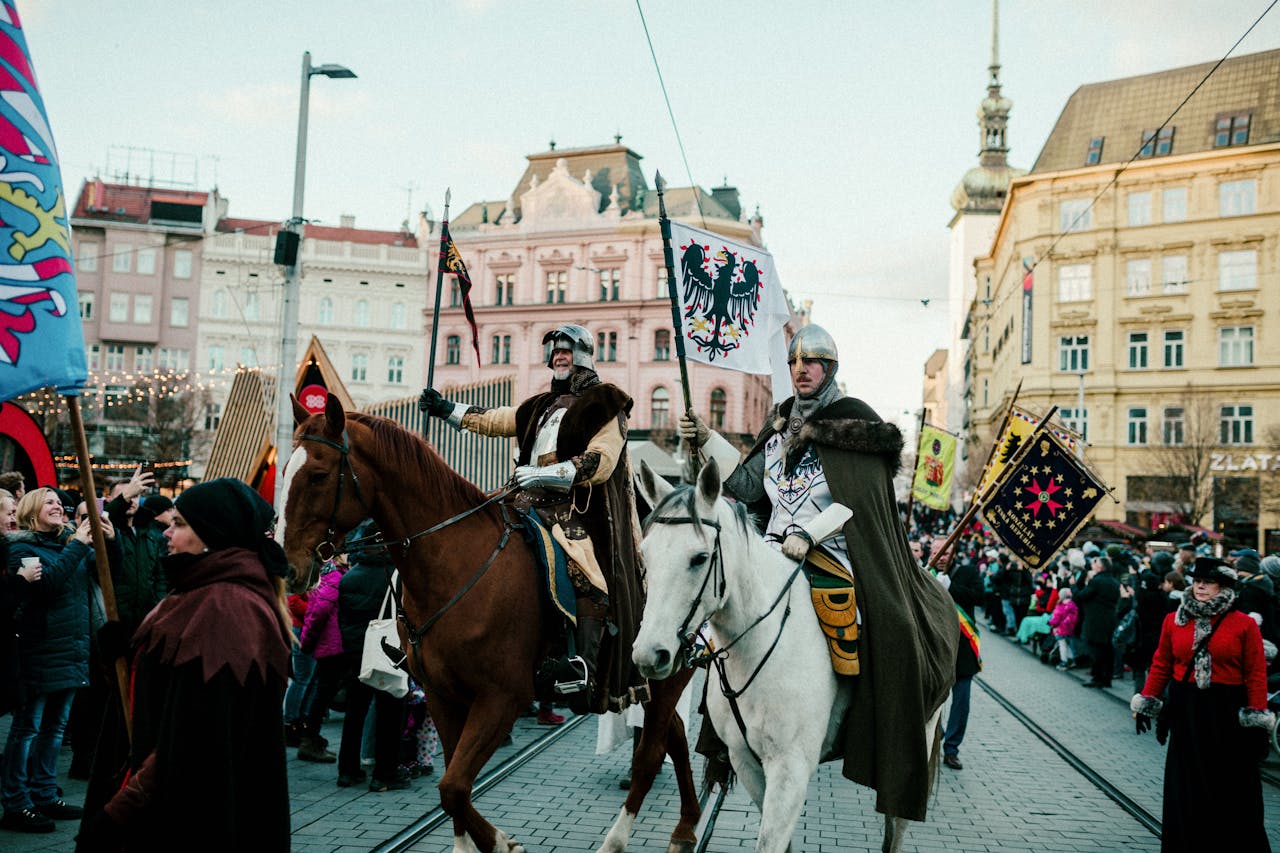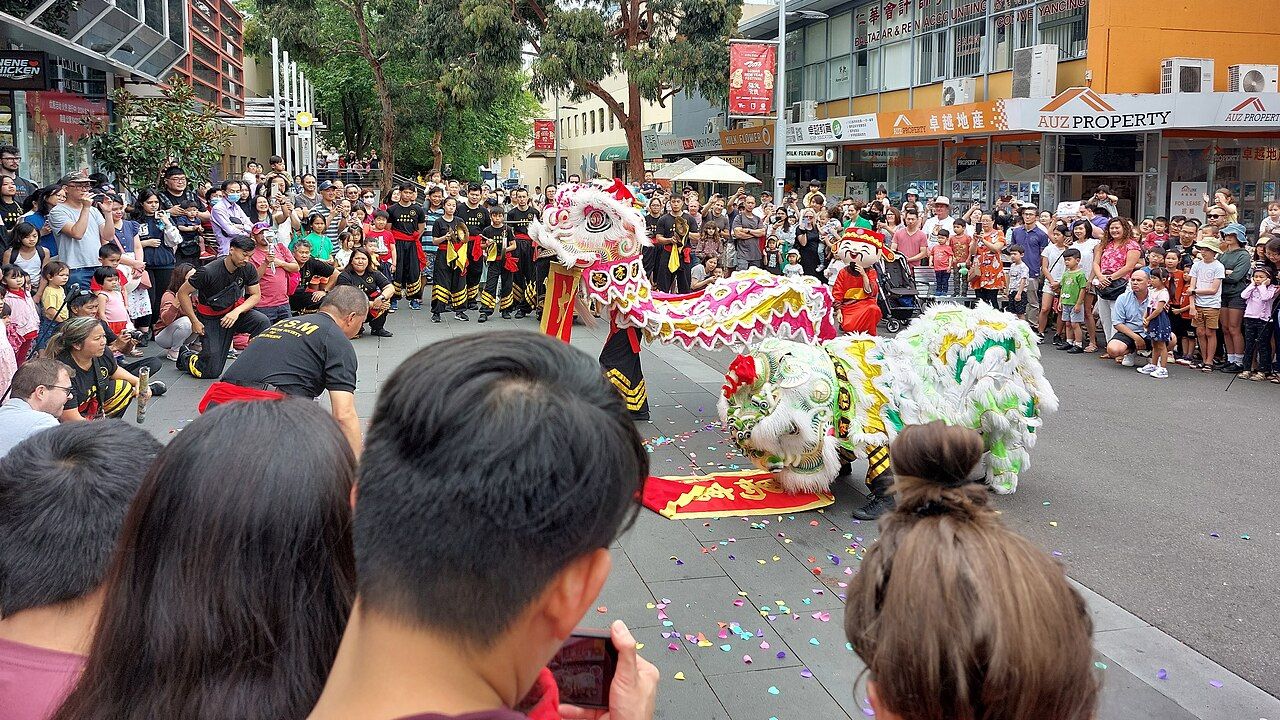Food has always carried more than flavor. Leaders, parliaments, and parties have used ordinary ingredients to signal loyalty, punish rivals, or keep crowds in line. A drink could be treated as a threat, a dessert as a moral test, a simple crop as a gamble with public health. When a government bans a food, it often says more about fear and power than nutrition. These moments reveal how politics follows people all the way to the table.
Coffee The Drink Of Suspicion
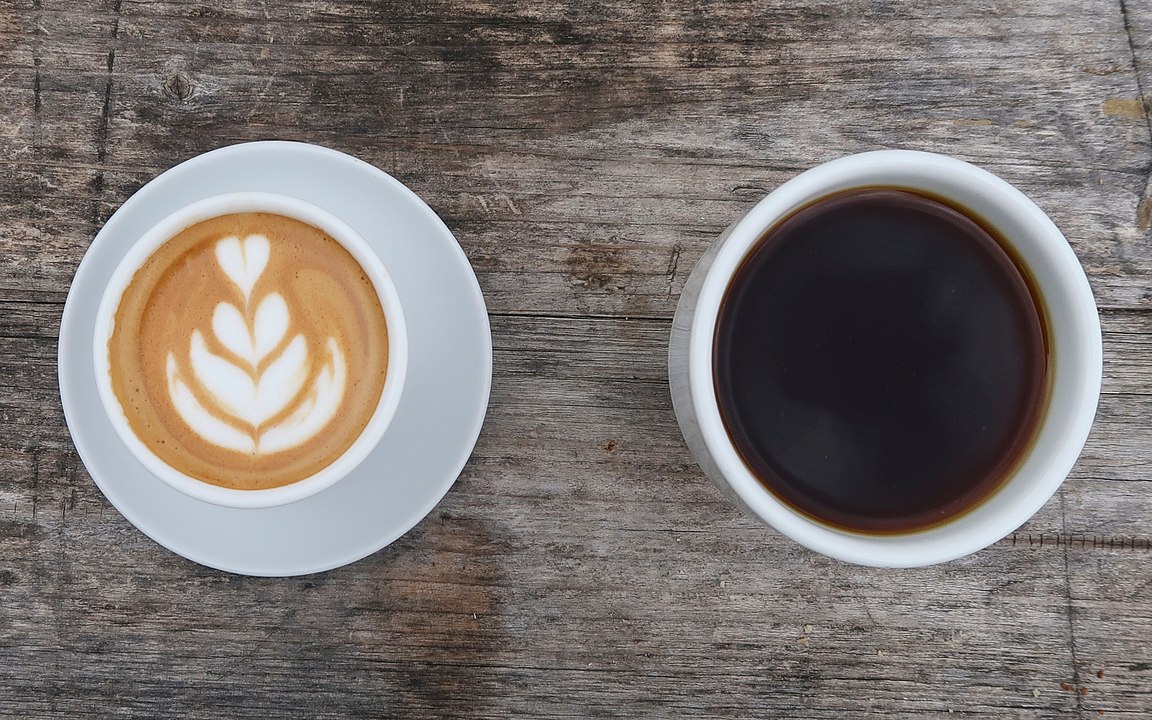
In the early 1500s, authorities in Mecca panicked when coffeehouses filled with late night arguments and sharp opinions about religion and rule. Coffee fueled talk that felt hard to control, so the governor tried to shut it down by banning the drink itself. Later, some Ottoman sultans treated public coffee as a kind of quiet rebellion and punished anyone who defied them. A dark, bitter brew became a symbol of bright, unfiltered conversation.
Taxed British Tea In The American Colonies
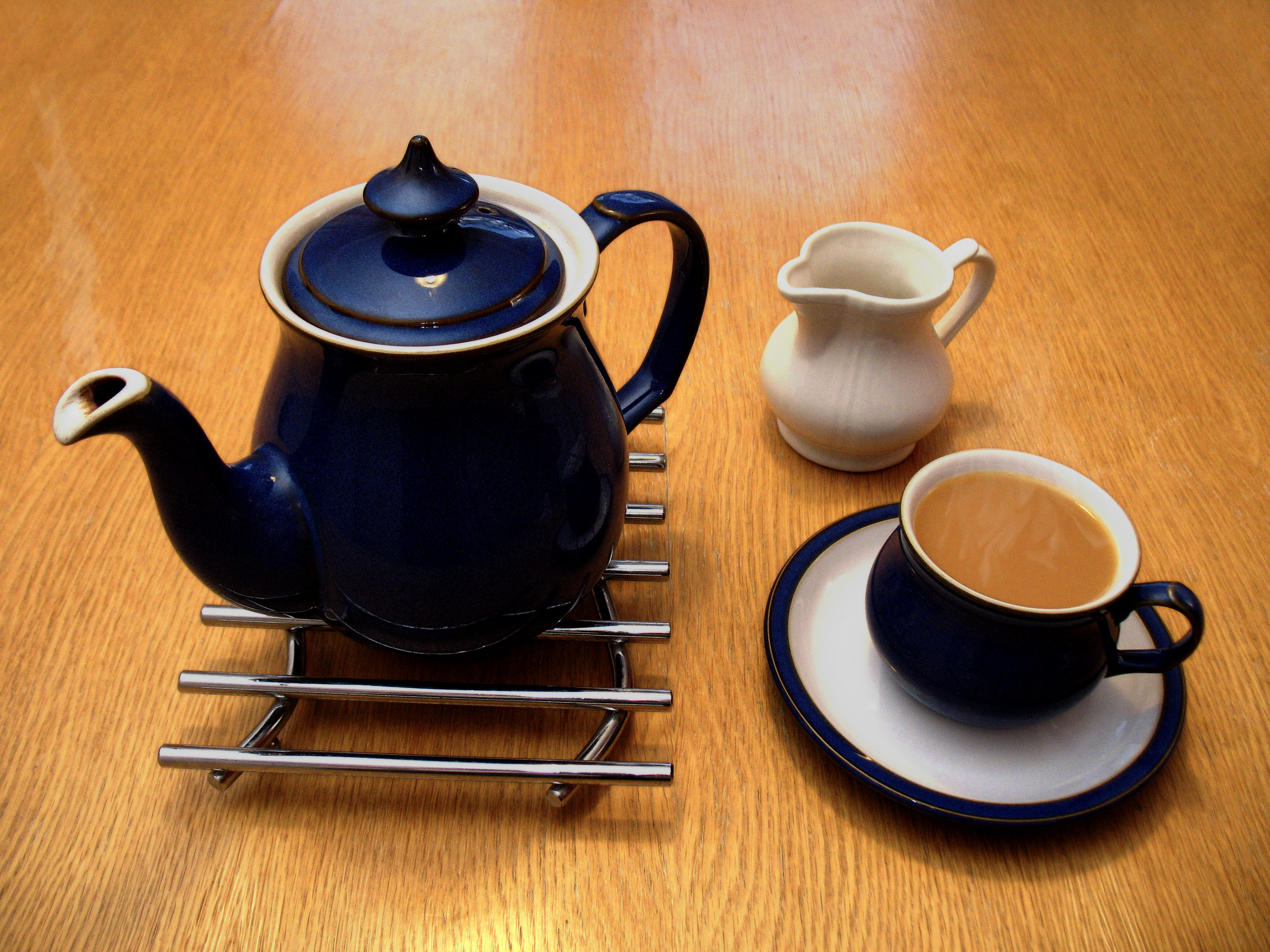
In the years before the American Revolution, British tea carried the weight of distant laws and unwanted taxes. Parliament insisted on its right to levy duties, while many colonists saw those charges as an insult to local self rule. Boycotts turned imported tea into a kind of political stain that respectable Patriots refused to touch. When activists dumped shiploads into Boston Harbor, they were not just ruining cargo. They were stripping royal authority of its daily ritual.
Potatoes Outlawed By French Parliament
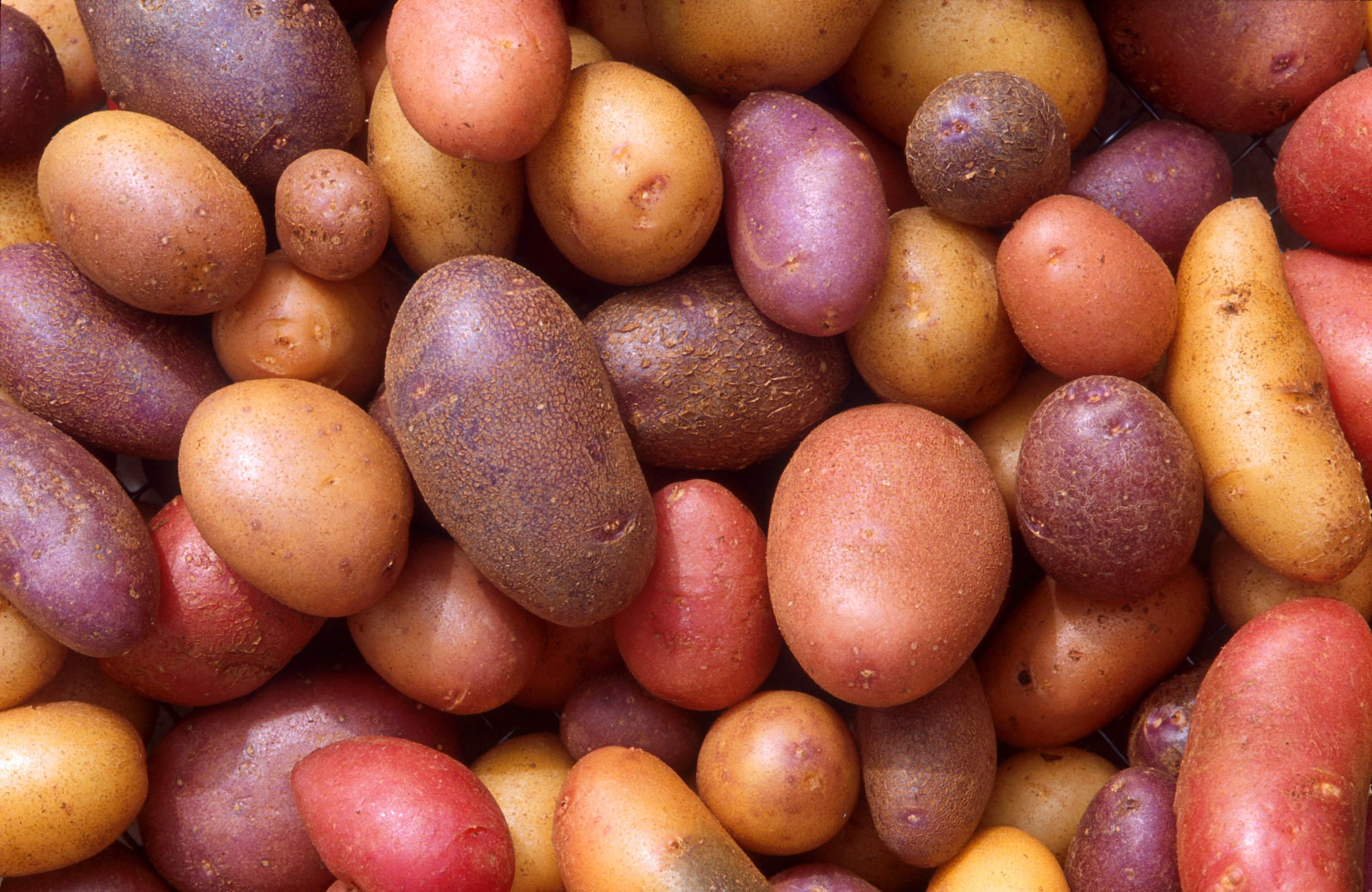
Eighteenth century French lawmakers looked at potatoes and saw danger hiding in the soil. Strange shapes, unfamiliar flavors, and rumors about disease fed a belief that this new crop could quietly poison communities. Parliament responded with a cautious ban on cultivation, hoping to protect public health and social order at the same time. Farmers stuck with old grains, even as harvests failed and hunger grew. Only later did reformers prove that the feared tuber could actually help feed the poor.
Chewing Gum In Strict Singapore

When Singapore leaders cracked down on chewing gum in the early 1990s, they were not arguing about taste. They were furious about sticky blobs wedged in train doors, smeared on seats, and spread across clean pavements. The mess felt like a direct challenge to a carefully managed public image of discipline and efficiency, so the government banned imports and sales almost entirely. A small, sweet habit turned into a test of how far a state could go in policing everyday behavior.
Coca Cola Kept Out Of The Communist Bloc
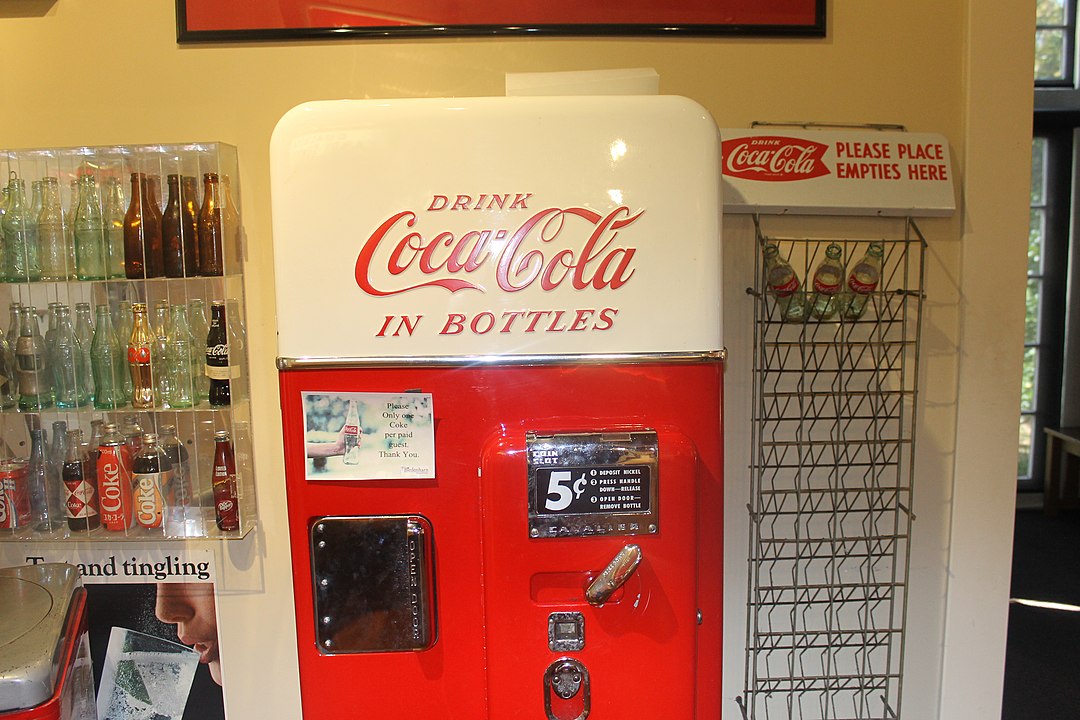
For much of the Cold War, Coca Cola had trouble crossing the Iron Curtain, not because of ingredients but because of the red script on the label. Communist governments saw the drink as a fizzy advertisement for American life and consumer dreams. Some preferred to sign deals with rival brands, keeping Coke at arm’s length to limit its cultural pull. In that climate, choosing a soda became less about flavor and more about which world a country claimed as its own.
Cuban Cigars And Rum Under U S Embargo
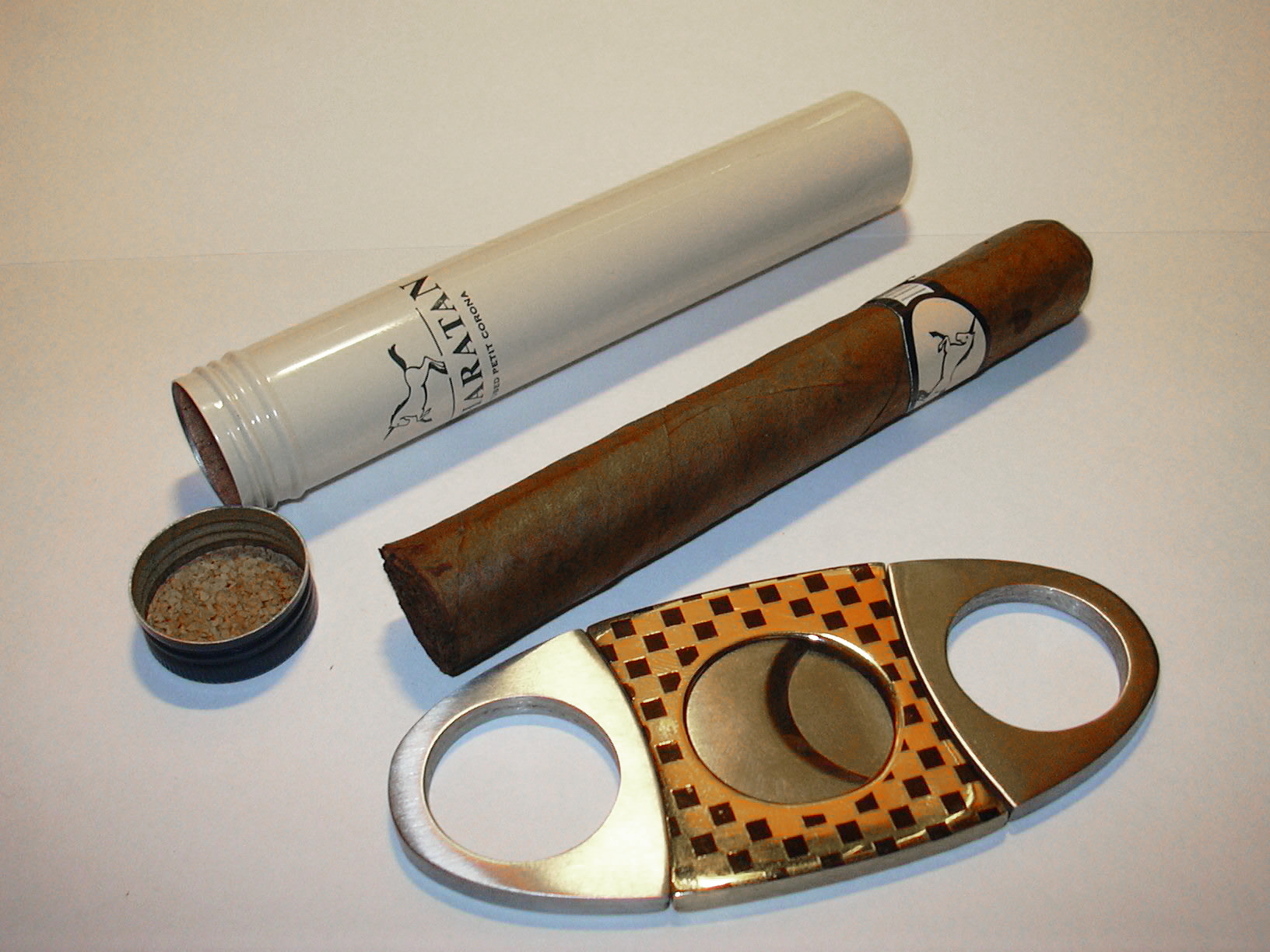
After the Cuban Revolution, the United States responded with a sweeping trade embargo that turned famous cigars and rum into forbidden trophies. The ban aimed to squeeze the island’s economy and signal disapproval of its new government, but it also gave Cuban products a strange glamour in American culture. Travelers whispered about boxes brought back in luggage and bottles poured at private gatherings. A set of signature flavors became daily reminders of a frozen diplomatic standoff that refused to fade.
Foie Gras Targeted By Animal Welfare Politics
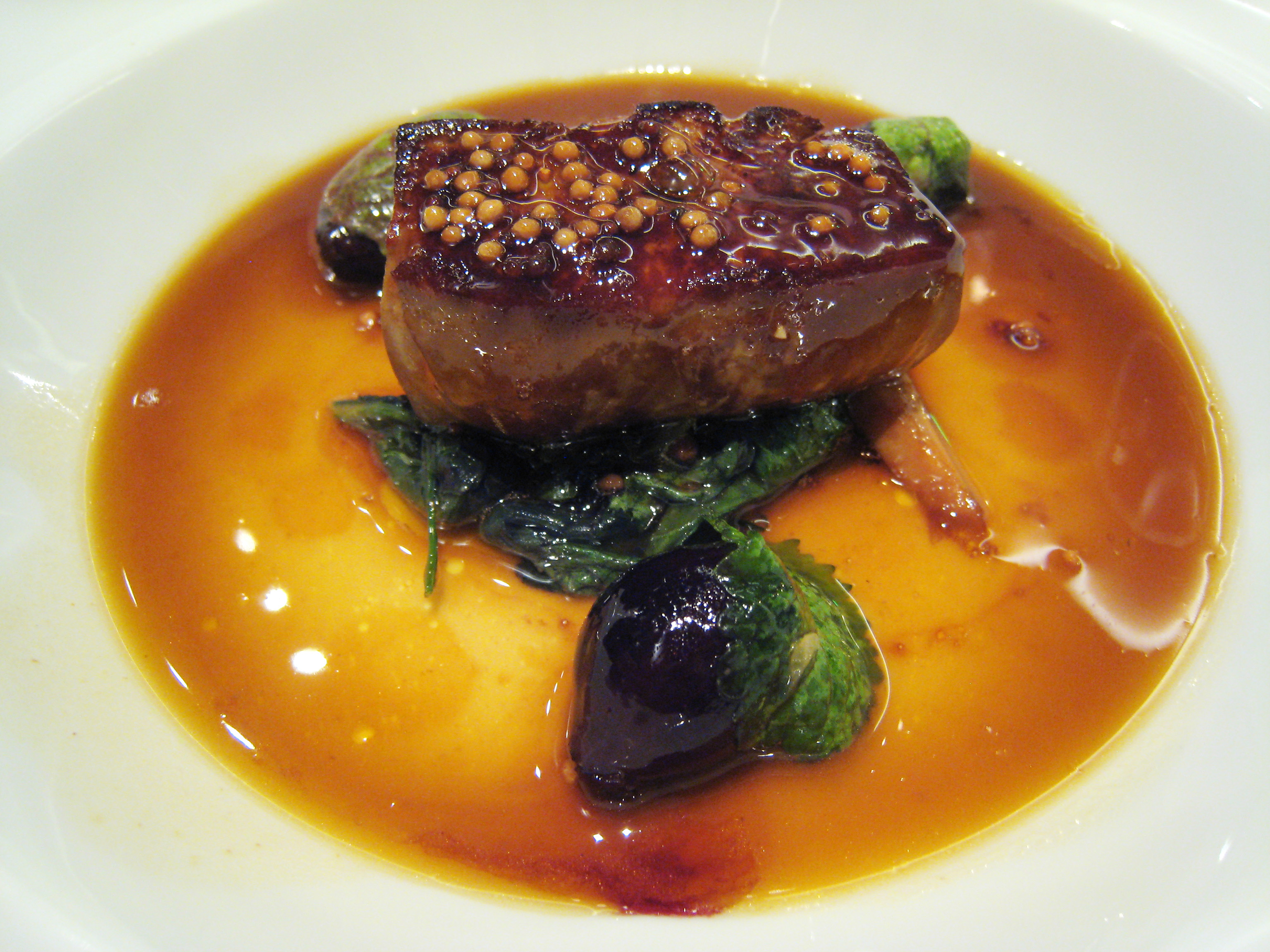
Foie gras has long stood at the center of fights over what luxury should look like in a modern, ethical kitchen. Lawmakers in places like California and some European regions have restricted or banned products made by force feeding ducks and geese, arguing that tradition cannot excuse suffering. Supporters frame the delicacy as cultural heritage, while critics point to crowded barns and swollen livers. A silky appetizer now doubles as a public referendum on cruelty, conscience, and taste.
Luxury Feasts Reserved For The Powerful
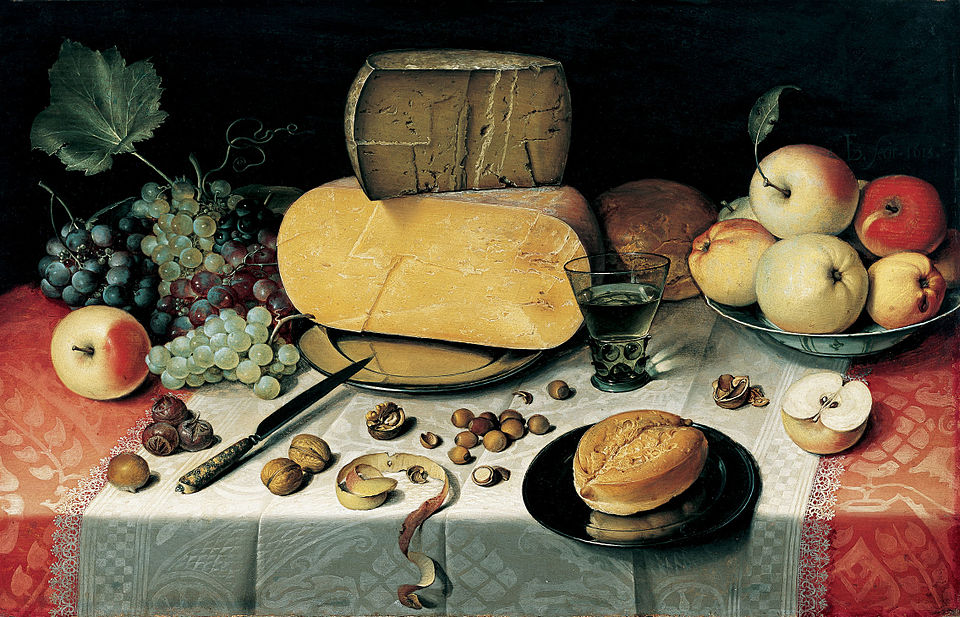
In medieval and early modern Europe, rulers used sumptuary laws to decide who could afford visible pleasure. Detailed rules limited rich cuts of meat, spiced sauces, and elaborate banquets to nobles, while merchants and commoners were told to stay in their social lane. Serving a lavish spread without the proper title could bring legal trouble, not just disapproving looks. By banning certain foods for most people, elites tried to keep status glowing from the center of every grand table.

